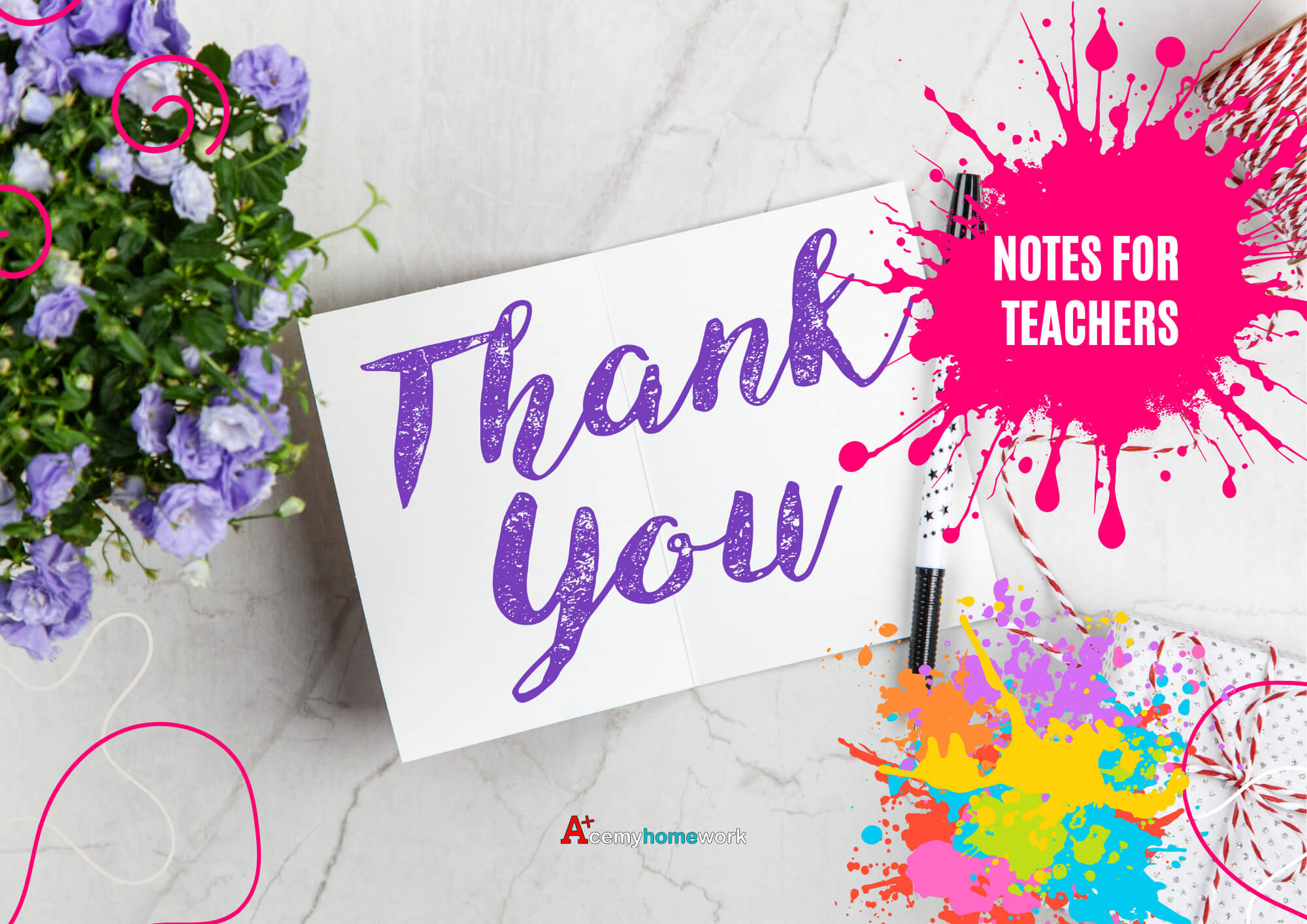
10+ Good Excuses to Skip an Online Class
Discover clever and relatable excuses to skip online class without raising eyebrows. Read the article to find the perfect reason for your next absence!
Read MoreIn the daily routine of a student, essay writing is like melodies that fill every moment. Students have to deal with writing complex essays from diverse fields.
When writing an essay students always have to use transitional words to convince or inform a reader about a specific topic or idea.
Have you ever asked yourself how you can transition from one idea to the next, highlighting similarities and differences along the way?
A compare and contrast essay provides the unexpected similarities or differences between two subjects. They usually employ transition words for comparing the subjects in discussion.
Transition words summarize key points, contrast opposing viewpoints, or draw connections between disparate concepts.
This piece will walk you through transition words and unveil how they clarify, contrast, and connect subjects and ideas.
Transitional phrases and words are essential writing aids that facilitate the flow of ideas between concepts and help readers easily navigate your work. These words enhance the readability of your work and help readers understand the connections between sentences and paragraphs in an essay.
Each transition word in your essay makes your work easier to follow. Common types of transitional words are those that indicate time or sequence, such as "first," "next," and "finally," and those that contrast concepts, such as "similarly" and "on the other hand," and those that indicate conclusion, such as "therefore" and "consequently."
These words clarify relationships, making it easier to compare and contrast different concepts within an essay or a statement.
Transition phrases play a crucial role in comparing and contrasting ideas in an essay. Transition words and phrases help to establish connections between two ideas, clarify relationships, and guide readers through your arguments.
Let us go through some common universal words used for compare and contrast essays.
Comparison phrases highlight similarities between one concept and the other in a sentence or a paragraph. Comparison items describe clarity by signaling similarities, enabling readers to understand the relationships between sentences.
These transition words clarify relationships, connect ideas, and emphasize commonalities, making comparisons easier to understand.
These words include; Similarly, likewise, in the same way, equally, likewise, In comparison, By the same token, correspondingly, just as, as well as, as with, also.
Examples in sentences:
In an essay, transition words for contrasting ideas are used to draw attention to the distinctions, contradictions, or clashing points of view between two or more ideas, arguments, or examples. These phrases and words give your writing clarity and coherence while helping the reader interpret subsequent shifts in your viewpoint or thought.
When highlighting how two things are unlike each other, you need to contrast ideas and create a clear distinction between viewpoints. These words are vital for conveying contrasting ideas, and differing perspectives therefore enriching understanding, and fostering meaningful discourse.
A few examples are: On the other hand, in contrast, conversely, however, nevertheless, nonetheless, although, though, yet, despite this, in spite of, while, whereas, unlike conversely, on the contrary, nevertheless, regardless, even though, despite, be that as it may, in any event, regardless of, even so, granted that, all the same, all things considered, regardless, in either case, at any rate, notwithstanding.
Examples in Sentences:
These expressions are essential for guiding the reader through the development of ideas or arguments as they offer more details, clarification, or examples. They are used to show, clarify, or explain concepts. These transition words and phrases improve the reader's comprehension and interaction with the text by elaborating on or fortifying the central idea or argument.
Here are a few examples: For instance, such as, for example, like, including, specifically, namely, to illustrate, as an illustration, in particular, as a case in point, let's say, take, for example, consider, one example is, an instance of this is, to demonstrate, as evidence, as proof, as shown by as indicated by, In the case of, to elucidate, as exemplified by, in the instance of, as a demonstration, to provide an example, to exemplify, As revealed by, as seen in, a good example of this is, just like, In the form of, by way of illustration, by way of example, including, but not limited to, in this case, by means of.
Examples in Sentences:
These transitional words serve the purpose of connecting concepts within a paragraph or sentence, thus, leading the reader through the flow of thought. Words like "furthermore," "moreover," and "in addition" serve to add to previously expressed information, improving comprehension.
These words serve as bridges, promoting paragraph consistency while also building its content with additional details. They can also serve the purpose of agreeing with the preceding material
Examples Include: In addition to, Furthermore, Moreover, not only but also, besides, correspondingly
Examples in sentences:
These are words or phrases that are used to show the passage of time and are crucial for maintaining clarity and coherence in writing. These phrases can be used to organize your writing in past, present time, or future tense.
Moreover, they help in the chronological structure of concepts, allowing for seamless transitions between acts or events in a particular time. Integrating these words improves the flow of narrative or factual writings by directing readers through a series of events or steps.
Examples Include; Firstly, Secondly, thirdly, next, then, afterward(s), subsequently, following that, immediately later, soon after, in the meantime, meanwhile, simultaneously, concurrently, at the same time, before, after, during, while, as, when, until, since, from then on, in the past, in the future, at present, at that moment, yesterday, today, tomorrow, earlier, later on, beforehand, to begin with, in the first place, in the second place, in the third place, at first, at the outset, in the beginning, at the onset, initially, in the early stages, in the later stages.
Examples in Sentences
Transition words that describe location are crucial tools for writing as they help in the depiction of settings, surroundings, and spatial connections in a story. They let readers see situations clearly and precisely by firmly establishing them in the story's reality.
These transition words are essential in determining how a narrative's spatial environment is shaped. They can be used to convey placement, proximity, position, and movement.
Examples Include; Above, among, around, at this point, behind, below, beside, beyond, down, forward, from, here, In front of, Inside, nearby, next to, on, on the other side, opposite, over, through.
Examples in Sentences,
Transitional words serve as potent enhancers, bringing important ideas and arguments to life in our writing. Although these focus signals are frequently eclipsed by those that indicate time or place, they are equally important in determining the reader's comprehension and level of interest.
Transitional words for emphasis are used to highlight key points in a text by attracting the reader's attention and emphasizing their significance. They serve as signal words throughout the story, pointing readers in the direction of important scenes or ideas. Their function in giving our writing coherence and structure is important through organization and reinforces the main point.
Examples are; Indeed, certainly, absolutely, clearly, undoubtedly, especially, particularly, above all, essentially, in fact, truly, without a doubt, without question, in particular, notably, significantly, remarkably, indisputably, in essence, in truth, unquestionably, essentially, absolutely, evidently, invariably.
Example in a Sentence;
Summary transition words are writing connectors used to conclude or finalize a narrative or writing. They facilitate the seamless integration of different ideas, facilitating readers' comprehension of the primary ideas.
These words are crucial since they serve to summarize earlier points, conclude sentences, and provide readers with a clear understanding of the most significant details. Words such as "to sum up," "in conclusion," or "overall" indicate that the writer is coming to the end of a debate and summarizing the key points. Thus, transitional words for summaries increase reading comprehension and make writing easier to follow.
Examples are: In conclusion, to sum up, Overall, in summary, to conclude, all in all, briefly, to recap, in short, ultimately.
Examples in a Sentence:
Transition words and phrases are crucial for creating an engaging compare-and-contrast essay because they let readers follow the relationship between similar and coherently contrasting topics. Here are important pointers on how to use these language devices to your advantage:
To clearly distinguish comparisons between two ideas, use transitional words and phrases. Use terms like "in comparison," "similarly," or "likewise" to highlight similarities and analogies.
When contrasting ideas, use transitional phrases like "however," "on the contrary," or "in contrast" to effectively highlight contrasts. This highlights aspects that are divergent for the reader.
Make sure that paragraphs and sections flow naturally by using transition phrases such as "meanwhile," "conversely," or "by the same token." These terms preserve the thoughts' flow and provide structure and coherence.
To reinforce the essay's organization, use terms and phrases like "in summary," "to conclude," or "in essence" to succinctly restate ideas and summarize important points.
Support comparisons and contrasts with specific instances to improve understanding and clarity. Transitional words like "for instance," "for example," or "to illustrate" can be used to present supporting data.
Use transition words such as "importantly," "notably," or "significantly" to highlight important findings. This highlights and emphasizes important points in the comparison.
Keep the reader intrigued by arranging the concepts logically and transparently. To aid in comprehension, make sure that the transitions between sentences and paragraphs flow naturally from one another.
When it comes to the final analysis, creating a clear and convincing compare-and-contrast essay ultimately comes down to the skillful use of transitional words and phrases.
Writers can craft an engaging narrative that holds the reader's interest from beginning to end by clearly defining relationships, organizing the essay, and stressing important themes.
Transition words are essential in essays to provide coherence and structure to the writing. They guide the reader through the logical flow of ideas, making the text easier to follow and understand.
By signaling relationships between sentences, paragraphs, and ideas, transition words ensure smooth transitions and prevent abrupt shifts. Additionally, they enhance the clarity of arguments and help maintain the reader's engagement.
The use of transition words improves the overall quality and effectiveness of the essay by creating a cohesive and cohesive narrative.
In conclusion, mastering the use of transition words is essential for crafting effective compare-and-contrast essays. These words serve as the glue that holds the various parts of the essay together, facilitating smooth transitions between ideas, enhancing clarity, and guiding the reader through comparisons and contrasts. By incorporating transition words such as similarly, in contrast, and likewise, writers can elevate the quality of their essays. This ensures coherence and readability while effectively conveying their arguments and insights.

Get affordable and top-notch help for your essays and homework services from our expert tutors. Ace your homework, boost your grades, and shine in online classes—all with just a click away!



Fast, secure, and handled by vetted experts.

Discover clever and relatable excuses to skip online class without raising eyebrows. Read the article to find the perfect reason for your next absence!
Read More
You can now write heartfelt thank you notes for teachers with our examples, to express gratitude and appreciation for their dedication and impact on students' lives.
Read More
Find the best Assignment Tutor Online for Instant Homework Help. Our guide helps you choose top Homework Services based on your needs, tutor qualifications, reviews, and teaching style. Get personalized academic support to excel in your assignments.
Read More